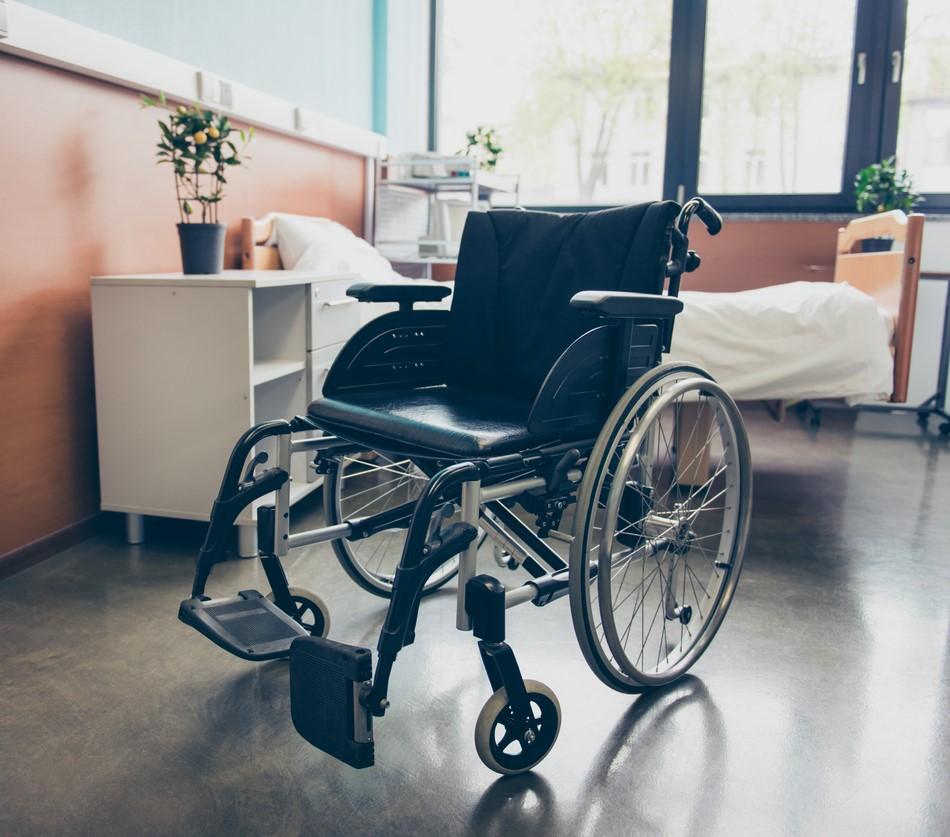South African researchers yesterday shared more evidence on the Omicron variant impact, which supports initial signs that illnesses may be less severe, with separate groups from the United Kingdom reporting similar findings.
Scientists still aren't certain about severity and the role high population immunity is playing, but the signs are reassuring as countries face steep Omicron (B.1.1.529) surges ahead of the holidays.
More data from South Africa
The South African study appeared yesterday in a non-peer-reviewed study posted on medRxiv. A research team based at the country's National Institute for Communicable Diseases used multiple data sets to look at test, case, genome, and hospitalization across South Africa to compare Omicron with other variants, including Delta (B1617.2).
They looked at hospitalization and severe disease through Dec 21, enough time to capture delayed, more serious outcomes, which the initial reports weren't able to assess.
They found that the hospitalization rate was 80% lower for Omicron as compared to other variants overall and 70% lower when compared specifically with Delta. They said some of the reduction is probably due to high population immunity.
However, once hospitalized, those with Omicron were similarly as likely as those with Delta to progress to severe disease.
At a briefing today, South African officials said the outbreak in Gauteng province is past its peak, and cases are leveling off in three other provinces. However, officials cautioned that patterns may be affected by lower testing levels in the lead-up to the holidays.
Similar signals from England, Scotland
In a related development, researchers from Imperial College London, who looked at cases and hospitalization data from England, found that those with confirmed Omicron infections were 15% to 20% less likely to be hospitalized, compared with those with Delta. Those hospitalized with Omicron also had shorter hospital stays.
Also, those who had Omicron after earlier COVID-19 infection were 50% to 60% less likely to be hospitalized, compared with those with no previous infection.
However, hospitalization rates were similar for those with Omicron and Delta among those who had at least two vaccine doses, hinting at reduced vaccine efficacy against Omicron. The team also notes that the hospitalization risk for vaccinated people was still significantly lower than for unvaccinated people.
Meanwhile, a separate group from Scotland, in a preprint study, said early data from the country suggest a two-thirds reduction in COVID-19 hospitalization with Omicron compared with Delta. They also reported that a booster dose protects against symptomatic Omicron infection compared with those who were 25 or more weeks past their second dose.
More global headlines
- In Europe, the UK and France both reported new daily record highs for cases today. Also, the UK's Health Security Agency reported 13,581 more Omicron cases, raising its total to 74,089. Omicron hospitalizations rose from 129 to 195, and deaths from the variant rose from 14 to 18.
- Following the recommendation of its vaccine advisory group, Israel's government yesterday said those 60 and older and health workers can receive a fourth vaccine dose, due to the fast pace of Omicron spread and waning antibodies after booster doses. Israel was one of the first countries to adopt booster doses. The fourth dose would be given 4 months after the third dose.
- In Asia, the Chinese city of Xian, home to 13 million people, is on partial lockdown after 140 cases were reported since Dec 12 and other cities, including Beijing, reported cases linked to Xian's outbreak. Elsewhere, Japan reported its first local Omicron spread, with three cases reported in a family in Osaka.
- World Health Organization (WHO) vaccine advisers weighed in on booster doses, noting that evidence suggests minimal to modest reductions in protection against severe disease over the 6 months after the primary series. However, so far, there aren't enough data to assess Omicron's impact on vaccines. It said countries should take evidence-based approaches that target the prevention of severe disease. It also said about 20% of the global supply is going toward booster doses, a situation that's complicating vaccine equity.
- Also today, the WHO issued new mask use guidelines given the rapid spread of Omicron, one set suggesting respirators or medical masks for healthcare workers, worn along with other protective equipment, who enter a room where a patient has suspected or confirmed COVID-19. The other guidance covers mask use in community settings.





















